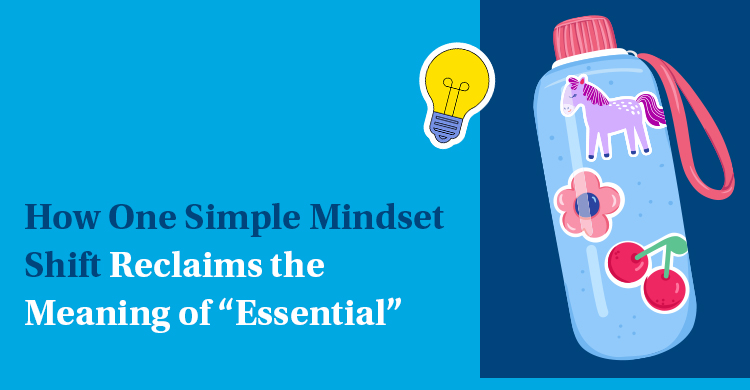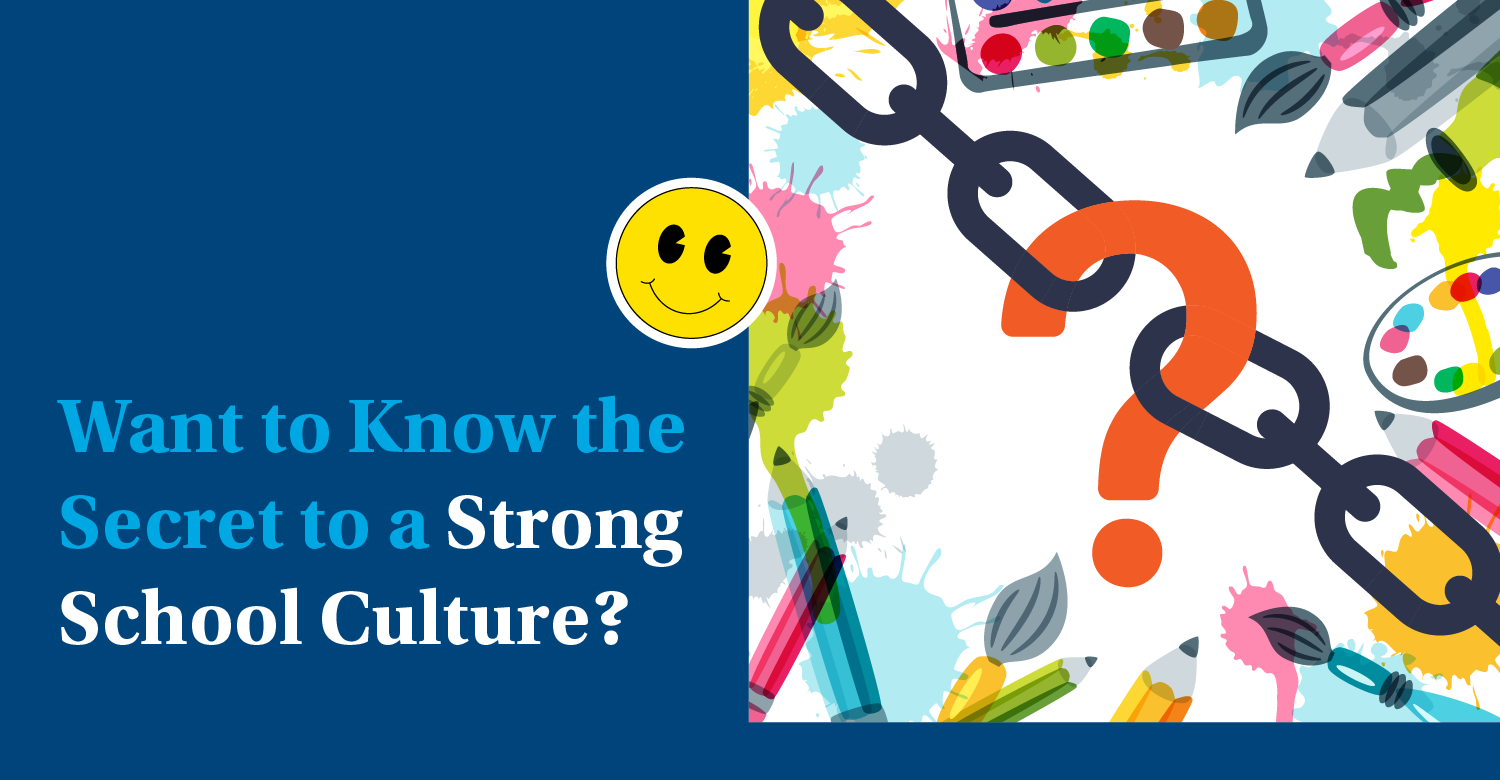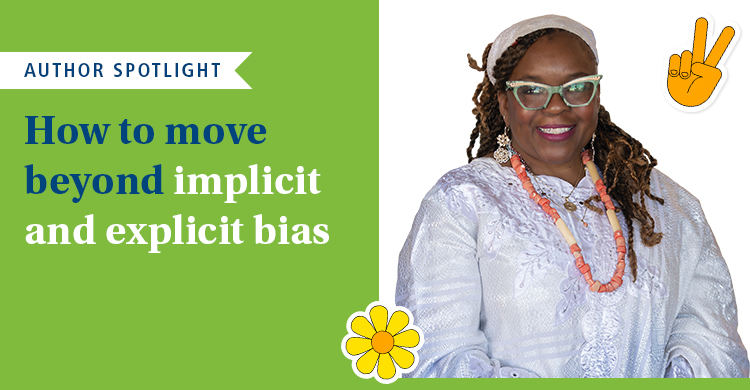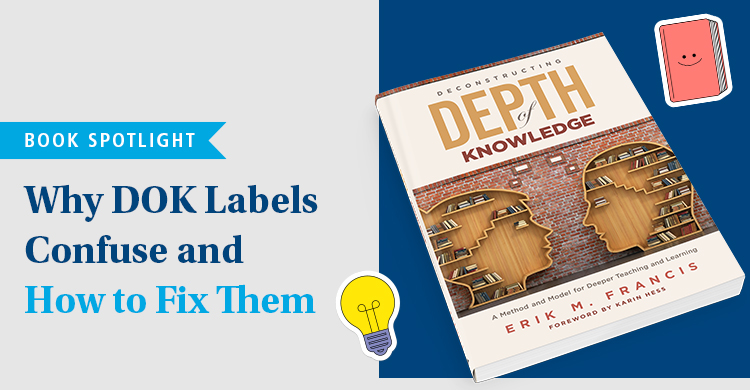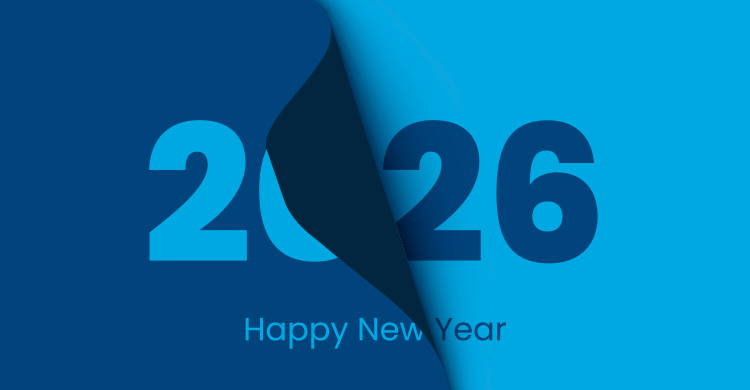Over the last several years, a certain word has proliferated in our discourse around curriculum. Unfortunately, it seems to have lost its meaning—just as so many terms do when they are overused and misunderstood.
Some examples might be:
- PLC (professional learning communities) has devolved into any group of two or more people in the same room breathing the same air.
- PBL (project-based learning) has become students doing something or anything other than worksheets.
- Proficiency scales have come to mean any ol’ rubric.
- And standards-based grading simply means that we score based on 1–4 instead of A–F.
So it is with great sadness that the term “essential” seems to have also come to mean something it isn’t. In too many places, the word has begun to be associated with any wishlist of things we hope students will learn in a course or unit.
🌠 Discover the true meaning of PLC, PBL, and SBG 🌠
Curious about what makes real professional learning communities, project-based learning, and standards-based grading truly effective? Explore our bookstore to deepen your understanding and bring these practices to life in your school.
The shocking truth: Not everything we call “essential” is
Bear with me for a moment: Just because I call something something doesn’t make it that something.
For example, I can call my bottle of water a horse all day long, and it will still never be a horse. And yet, for some reason, we think that if the state, district office, or even teacher team publishes a list of “essential standards,” those things are therefore essential. And yet, that water bottle still ain’t a horse. Just because we call something “essential” doesn’t actually make it so.
The problem with many lists of “essentials” is that they’re not really essential at all. Consider the definition of the word essential: absolutely necessary. Is it really absolutely necessary for a kindergartener to know the difference between the author and the illustrator—or for a second grader to be able to identify shapes based on the number of sides and vertices they contain? What about whether or not a middle schooler can distinguish the differences between Newton’s second and fourth laws? How absolutely necessary is it that a high schooler can name the causes of US isolation leading up to WWI?
These are all examples of what I’ve seen termed “essential” by folks across education

Here are 4 easy essentials that actually count
I might offer some alternatives to these so-called essentials:
- Kindergarteners need to be able to identify their letters and the sounds they make, no?
- Second graders need to be able to add and subtract fluently. Would you agree?
- Middle schoolers need to look at a claim, analyze the evidence in support of that claim, and come to a conclusion about the validity of that claim based on the evidence provided, right?
- High schoolers need to be able to distinguish between fact and fiction, truth and propaganda, and apply those skills to today’s society—yes?
Now, please don’t get me wrong… It’s not that the first list doesn’t contain some content that might be considered absolutely necessary somewhere—that’s not my point, and if that’s where you are, please understand I’m not trying to criticize your good work—I simply would like to point out that calling something essential doesn’t make it so. We’re about halfway through this blog, and my water bottle still hasn’t turned into a horse.

How to stop complying and start guaranteeing learning for all
One of the problems that I see with many wishlists of so-called essentials is that they were created out of compliance. Someone somewhere told teams of teachers to go through their standards and create their list—they might have even been provided with some really nifty tools or templates to do it. And so teams complied, and they got their list. Check. ✅ Or the state or district put together a special committee and provided teams with a list. Still check. ✅
The key, though, is in the power of a team of teachers taking ownership of the process. It’s not about compliance but about identifying a small set of grade-level essential standards that the team then commits to ensuring that every student learns.
As my colleague Ken Williams reminds us in his book Ruthless Equity: “The purpose of the team is clear, and that is to guarantee that all students learn team-identified, grade-level essential standards.”
Guaranteeing learning: A mindset shift every team needs now
In my work, I’ve basically stopped referring to those grandiose wishlists of concocted essential standards as “essential.”
Instead, it’s about a guarantee. And a guarantee is “a formal promise or assurance.” What will you, the team, formally promise that every student learns? Every student. Guaranteed. It’s a promise.
Now we’re no longer talking about whether it’s essential or not. Now we’re talking about what every student will learn—end of story. And whatever we guarantee that students will learn needs to be absolutely necessary.
With that formal promise in hand, we get to work. The team, having full ownership of what they will guarantee that every student learns in each unit they teach, mobilizes its collective brilliance to make it happen. It’s no longer about me; instead, it becomes about we and our guarantee: ensuring that every student learns these team-identified, grade-level essential standards.
Remember! It’s not what you call it—it’s what students actually learn
Believe me, the last thing I want is for the term “guarantee” to lose its meaning and simply replace the word “essential” at the top of those wishlists. In some places, this might already be the case.
But it’s really not about what you call it. The work is about a mindset shift—from a focus on teaching to a guarantee of learning. While calling something guaranteed doesn’t necessarily ensure that a team will make it happen, it does seem to shift thinking away from simply complying with creating a list to developing a mindset where all students will learn what we want them to learn.
(And, in case you’re wondering and have no doubt guessed, that water bottle still isn’t a horse.)
Discover more from our author! 🔍
Ready to dive deeper into practical strategies and insights for educators? Explore Chad M. V. Dumas’ latest articles and videos to inspire meaningful change in your classroom and school.
About the author
Chad M. V. Dumas, EdD, focuses primarily on collaborating to develop capacity for continuous improvement. An international educational presenter and award-winning researcher, he has led nationally recognized improvements for both students and staff. He is the author of The Teacher Team Leader Handbook.


